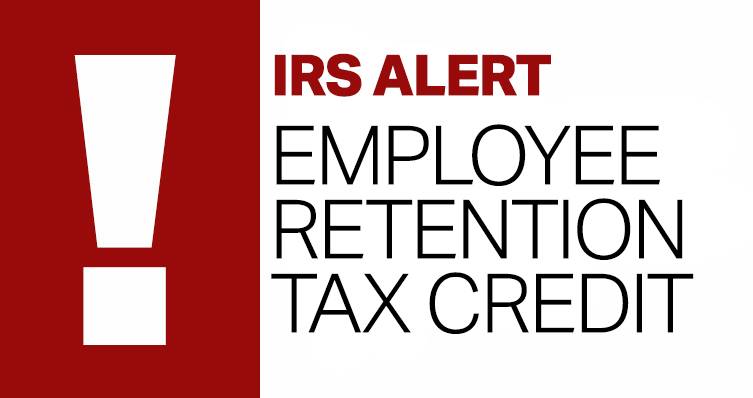As Congress delves into the labyrinth of fiscal policies, the specter of Employee Retention Tax Credit Scams looms large, prompting bipartisan urgency for reform.

Employee Retention Tax Credit Scams: How Congress is Taking Action (Photo from: KraftCPAs)
Closing the Chapter on Fraud
In the wake of mounting concerns over fraudulent claims, bipartisan consensus emerges as Congress hastens to curtail the pervasive presence of Employee Retention Tax Credit Scams. The shocking revelation, spotlighted by a whistleblower, underscores the urgent need for intervention.
Amid escalating figures and irrefutable evidence, lawmakers from divergent ideological spectra unite in their resolve to terminate the maligned program. The soaring costs, initially projected at $55 billion, have burgeoned to nearly fivefold, catapulting the issue to the forefront of legislative discourse.
Efforts to wind down the program and fortify penalties for perpetrators of improper claims stand as pivotal strategies in mitigating the fiscal hemorrhage inflicted by Employee Retention Tax Credit Scams. The Joint Committee on Taxation estimates potential savings of $79 billion over a decade, signaling a critical step towards fiscal integrity.
READ ALSO: SNAP Finance Payments: Montana Prepares To Disburse Up To $1,751
Charting a Course for Reform
Navigating the labyrinth of legislative intricacies, policymakers pivot towards revitalizing fiscal stewardship while addressing systemic vulnerabilities. The contours of reform crystallize as Congress deliberates on the trajectory beyond the era of Employee Retention Tax Credit Scams.
Proposals to offset the fiscal fallout of the terminated program and bolster the Child Tax Credit herald a paradigm shift in fiscal priorities. The envisaged reforms not only seek to rectify past fiscal missteps but also herald a renewed commitment to equitable fiscal policies.
READ ALSO: Mastering Your 2023 Tax Return: Turbocharge Your Refund And Safeguard Against Scams
















































